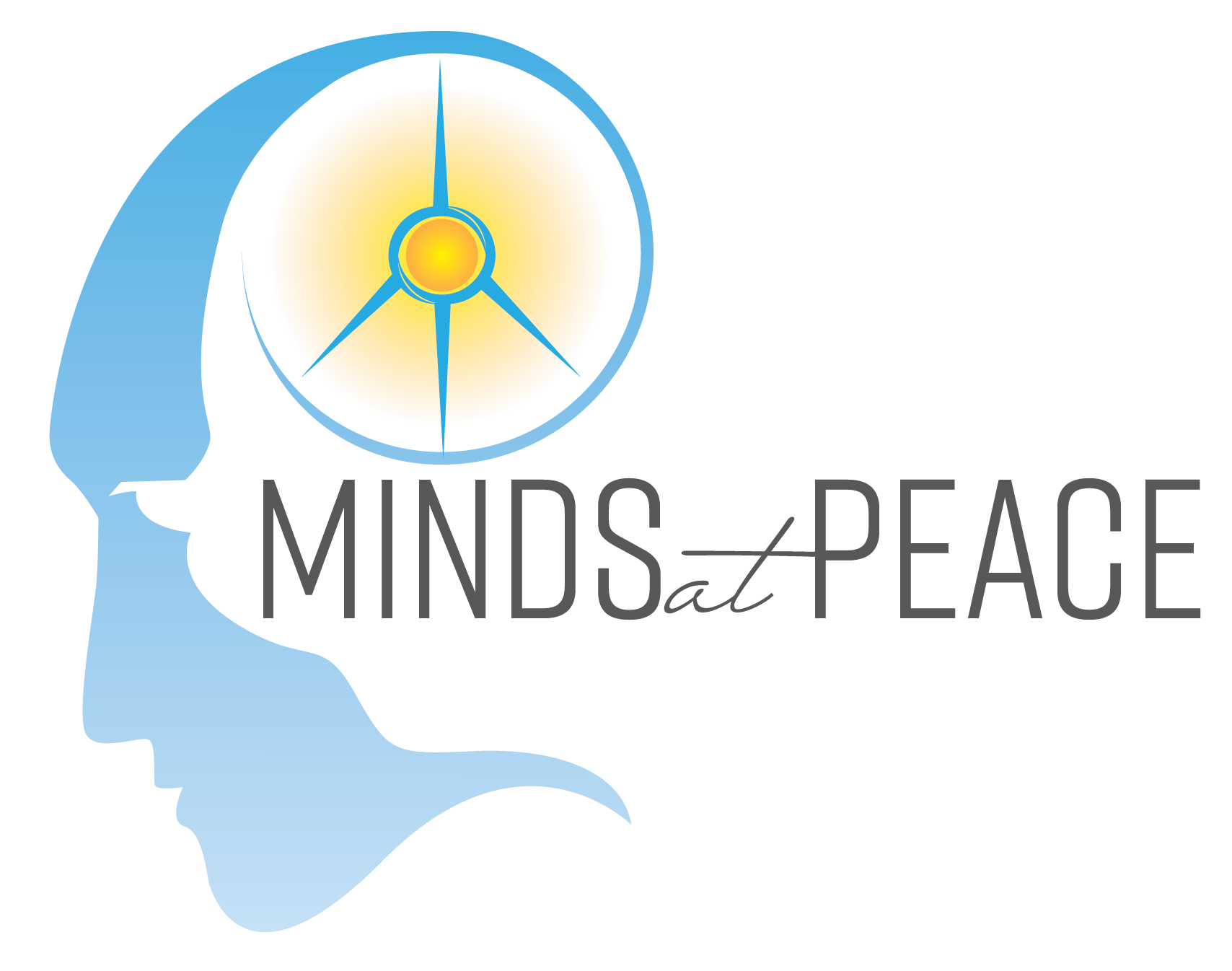The Power from Putting Behavior in Context
Ever witness behavior that just didn’t make sense? For families in addiction this can be a daily occurrence. But let’s be real, it happens to everyone.
Let’s do a quick experiment. Take a good look at the picture at the top of this blog. You see someone desperately trying to stop traffic, appearing frantic, not considering the danger. What are your thoughts? Maybe “what the hell is wrong with him?” or “Is that a crazy person?” “Someone dangerous?” Something else? What are you feeling? Scared? Anxious ? Confused? Something else? What are your actions? Leave so you don’t have see him get hit? Yell at them to stop? Something else? Take a moment and consider your thoughts, feelings and possible actions. Write them down if you’d like.
It’s difficult to understand behavior when we don’t have context. Whenever behaviors don’t make sense judgement fills the gap. This happens all the time with families in addiction. Without understanding the why, i.e. the motivation for using, or lying, or stealing it will be very difficult to have an engaging conversation about the behavior. Fueled by anger, or sense of violation you may be quick to judge, blame and ultimately, shame. Shame drives the cycle of addiction. That’s not where you want to go.
So what choices you do you have? First, knowledge truly is power. Making an effort to understand the behavior by understanding the reward for that behavior, will in turn yield it’s own reward. Using empathy in these moments doesn’t mean you condone the behavior but it does allow for the conversation to continue. And those conversations can lead a friend or loved one into making a decision to get help.
Remember the picture at the top of the blog? Now look at the one below taken at the same time but from a different perspective. How has your thoughts, feelings and actions changed?
Putting things in context leads to a greater understanding of behavior. And when it comes to addiction that understanding can reduce stigma. And that, saves lives.
Take a moment to think about behavior you’ve witnessed that didn’t make sense. Reflect on the why, i.e. the reward for this behavior. In the comments below share how this shift in perspective changed your view towards the person involved. If you’re a family member in addiction looking for ways to help your loved one, and yourself, contact me. There’s additional information here.
Family members can make a difference. You don’t have to wait for them to hit bottom or detach with love. You engage with love if you have the right skills. Let me show how to get the power. Here’s my contact information.


